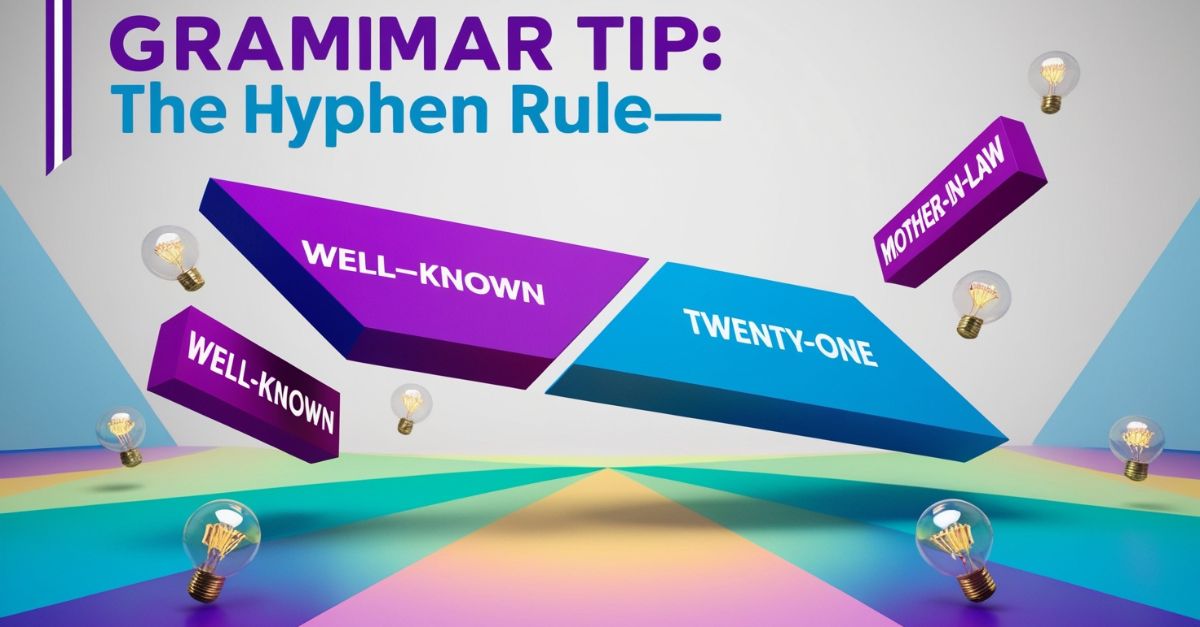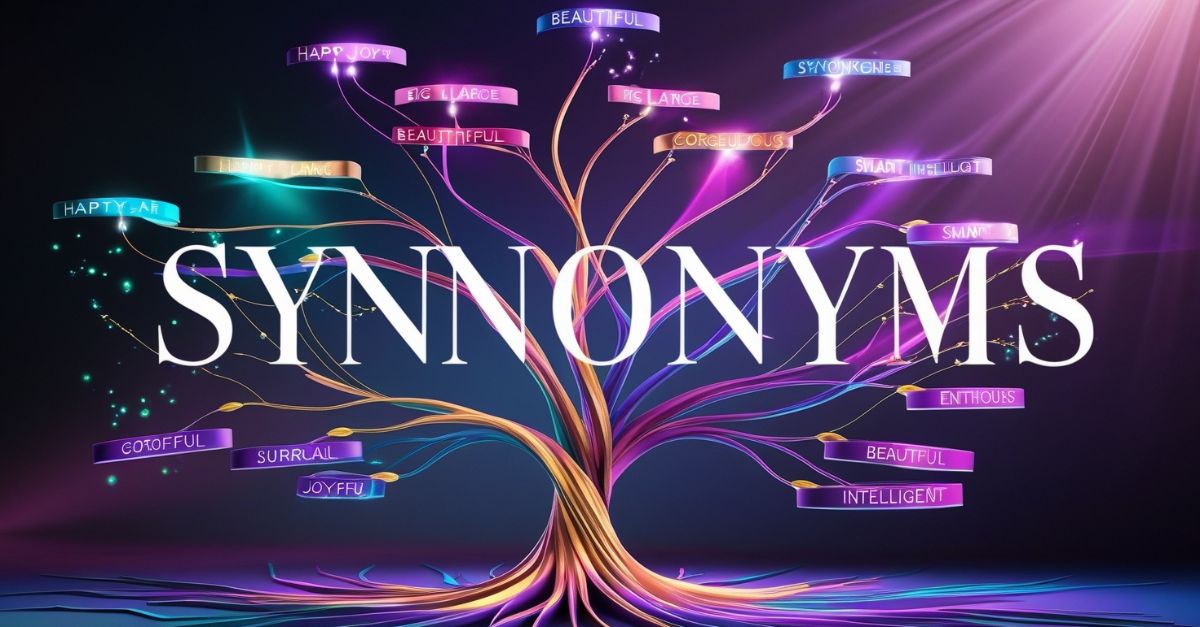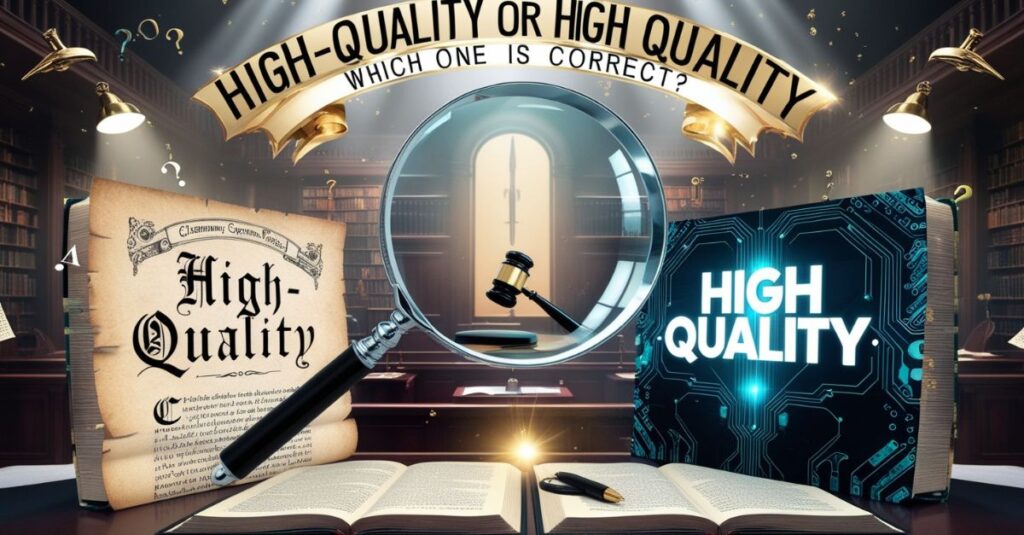Choosing between high-quality or high quality might seem trivial, but in professional writing, the difference is crucial. Whether you’re crafting a resume, marketing copy, or academic content, your word choice and punctuation send signals about your precision, attention to detail, and command of English grammar.
Let’s uncover the rules, explore the grammar behind the hyphen, and settle the debate once and for all.
Quick Summary
The choice between high quality and high-quality comes down to grammar. Use high-quality with a hyphen when it functions as a compound adjective directly before a noun—like in “high-quality service.” Use high quality without a hyphen when it’s a noun phrase that stands alone or follows a verb—like in “the service is high quality.” This distinction isn’t stylistic—it’s grammatical, and getting it right improves both your writing and your credibility. Always follow this rule to ensure your content maintains clarity, professionalism, and strong SEO performance.
Why Is There Confusion?
The confusion comes from how the words look versus how they function. Both “high quality” and “high-quality” refer to something excellent or superior, but the difference is grammatical—not conceptual.
Here’s why people often misuse them:
- The hyphen seems optional in informal writing
- Grammar-checkers often miss the distinction
- Online content uses both forms inconsistently
- Many people don’t understand the rule for compound adjectives
Without understanding grammar rules about noun phrases and compound adjectives, it’s easy to get confused.
What Does High Quality Mean?
High quality is a noun phrase. That means it’s a group of words functioning as a noun, where “high” describes the quality but doesn’t act as an adjective modifying a third noun.
It stands alone and does not directly describe another object.
Examples:
- The company maintains high quality in its production.
- We value high quality above all else.
- That brand is known for its high quality.
Rule:
Use high quality when the phrase functions as a noun—not as an adjective before another noun.
What Does High-Quality Mean?
High-quality is a compound adjective. That means it appears before a noun and directly modifies it as a unit.
Examples:
- This is a high-quality camera.
- We offer high-quality customer service.
- She writes high-quality blog posts.
The hyphen connects the two words into a single modifier describing the noun that follows.
Rule:
Use high-quality when it appears before the noun it describes.
High-Quality or High Quality: A Functional Breakdown
Here’s a table that clearly shows when to use each version:
| Context | Correct Form | Example |
|---|---|---|
| Used as a noun | high quality | “This product is of high quality.” |
| Used before another noun | high-quality | “High-quality ingredients are essential.” |
| After a linking verb | high quality | “Their work is high quality.” |
| As a descriptive modifier | high-quality | “We need a high-quality solution.” |
Quick Tip:
If “high” and “quality” describe a noun that follows, hyphenate them.
If “high quality” stands on its own as the thing being discussed, skip the hyphen.
Grammar Tip: The Hyphen Rule—Made Simple

The hyphen rule is tied to how compound adjectives work. When two or more words work together to describe a noun, you usually hyphenate them—but only if they come before the noun.
Use a hyphen when:
- The compound phrase comes before the noun
- It acts as a single idea modifying that noun
Don’t use a hyphen when:
- The phrase appears after the noun
- The adjective follows a linking verb
Examples for Clarity:
- Correct: We hired a high-quality designer.
- Correct: The designer we hired is high quality.
- Incorrect: We hired a high quality designer.
- Incorrect: The designer is high-quality.
Examples in Context
High Quality (noun phrase):
- “We never compromise on high quality.”
- “Customers expect high quality, especially in luxury markets.”
- “Their reputation rests on consistently delivering high quality.”
Examples of High-Quality (adjective):
- “They produce high-quality components for aerospace.”
- “Look for high-quality packaging to indicate premium goods.”
- “A high-quality website builds trust with customers.”
Notice how high-quality always comes before a noun, while high quality stands alone or follows a verb.
Synonyms for High Quality Vs High-Quality

Understanding synonyms can help you vary your language without losing precision. Here’s a list divided by function.
Synonyms for high quality (used as a noun phrase):
- Excellence
- Superiority
- High standard
- Craftsmanship
- Prestige
- Performance
Synonyms for high-quality (used as an adjective):
- Premium
- Top-tier
- First-rate
- Exceptional
- Top-notch
- Superior
These variations help avoid redundancy and boost the writing quality of your content.
Explore further:
- Arised or Arose: to the Correct Past Tense of Arise
- Acclimate vs. Acclimatize vs. Acclimatise: Guide to Proper Usage
- Quit vs Resign: Clear Up the Confusion Once and For All
- Hyperbole Vs Metaphor: Definition, Examples & Key Differences
- What’s the Past Tense of Panic?
Origins of High Quality Or High-Quality
Understanding the evolution of these terms gives insight into why both exist.
Origins of High Quality:
- Rooted in Latin “qualitas” and Old French “qualité”
- Historically used in philosophy and manufacturing
- Common in academic and industrial standards
Origins of High-Quality:
- Gained traction in modern advertising and branding
- Rose with compound adjectives in 20th-century marketing
- Now standard in commercial, business, and product language
Style Guide Standards and Professional Usage
Major style guides have clear rules:
Chicago Manual of Style:
Use a hyphen in compound modifiers preceding a noun.
AP Stylebook:
Hyphenate two words used together as an adjective before a noun.
Grammarly:
Flags “high quality” as incorrect when used before a noun.
Microsoft Word:
Often doesn’t flag either—manual editing is best.
When in doubt, trust the compound adjective rule.
Visual Guide: When to Hyphenate
Use this simple checklist:
- Does “high” describe “quality”? ➤ Probably a noun phrase
- Is the phrase before a noun? ➤ Use a hyphen
- Is it after a verb like “is” or “seems”? ➤ No hyphen
Quick Flowchart:
Is it before a noun?
→ Yes → Use high-quality
→ No → Use high quality
A Final Look at High Quality or High-Quality
Both forms are correct—but not interchangeable. The difference lies in function:
- High quality is a noun phrase
- High-quality is a compound adjective
Learning when to hyphenate is more than just a grammar fix—it’s a sign of professional writing quality.
Key Takeaways:
- Use high-quality before a noun (e.g., high-quality product)
- Use high quality as a standalone noun (e.g., This is high quality)
- Use style guides as backup for consistency
- Inconsistent hyphen usage hurts credibility and SEO
FAQs
- Is high quality hyphenated?
Only when used before a noun: yes. Otherwise, no.
- How do you use “high quality” in a sentence?
“As a noun: We deliver high quality. As an adjective: high-quality materials.”
- How do you spell “high quality”?
As two words. Use a hyphen only when functioning as an adjective.
- What is a better way to say high quality?
You can use top-tier, premium, first-class, or exceptional.
- Is high-quality one word or two?
It’s two words connected by a hyphen—used as a single adjective.
Conclusion: Mastering the Use of High Quality vs High-Quality
The difference between high quality and high-quality isn’t just a punctuation choice—it reflects how well you understand grammar, sentence structure, and professional tone. Whether you’re writing for SEO, business, academics, or branding, knowing when to hyphenate makes your content cleaner and more credible.
Always remember: the hyphen links two words into a single idea—only when used before the noun. It’s a small mark, but it carries weight.
So next time you describe your work, make sure you deliver high-quality writing—and not just high quality.
Suggested Reading:
- Chicago Manual of Style – Compound Modifiers
- AP Stylebook Online – Hyphens
- Grammar Girl – Hyphens in Compound Adjectives
Liked this post? Bookmark it or share it with someone who always panics over grammar.

Lisa Morris is a seasoned blogger and language enthusiast with a passion for making grammar simple and engaging. At Grammar Scoop, she shares clear, concise tips that help readers master the rules of English with confidence.






